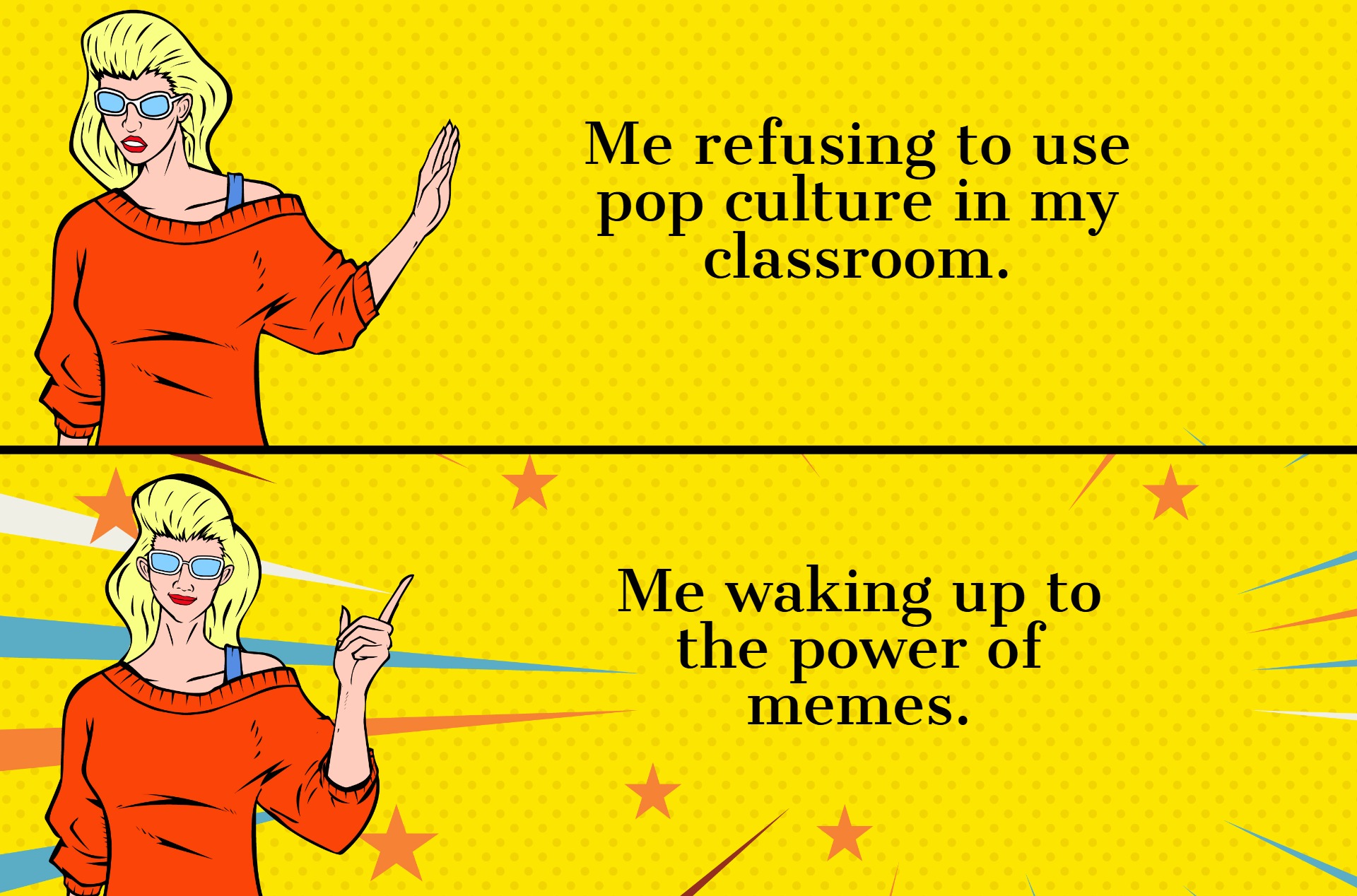The grad school pressure cooker: How to keep your cool
When you feel overwhelmed, it is good practice to remind yourself about what you hoped to achieve in this academic space.

In congruence with Mental Health Week Canada 2024 and International Mental Health Awareness Week, I feel it is important to underline both the mental health challenges and support that can be found in graduate school.
Grad students face a staggering six-fold increase in depression and anxiety compared to the general population, according to a Nature study of 2,300 students across 26 countries and 234 institutions. Do these data surprise you?
Grad school hit me hard. I wasn’t alone; every grad student I’ve met felt the same overwhelming pressure. Some even talked about quitting – and a few did. The intense academic pressure leads to feelings of inadequacy and imposter syndrome, impacting relationships and overall well-being.
What is it about grad school that makes it feel like a pressure cooker?
The highly competitive and demanding nature of grad school can contribute to a sense of urgency and anxiety. Expectations are high. The desire to consistently achieve a peak performance fosters a fear of failure. Stress, anxiety and fear lead us to overlook our mental and physical health and ignore our personal lives. As an international students, the unfamiliarity of my surroundings, the language barrier, and the distance from my family and friends compounded my stress. I had difficulty finding peers with similar backgrounds, which exacerbated feelings of isolation.
Naturally, navigating these challenges and staying focused on studies demand special attention. Below, I offer three suggestions for how grad students can reframe the pressure cooker experience to an inspiration hub.
1. Remember your “why”
There’s a reason you chose the grad school route, to research X with Professor Y at the University of Z. You had reasons (e.g., values, needs) that motivated these decisions. When you feel overwhelmed, remind yourself of what you hoped to achieve in this academic space. In remembering your “why”, also acknowledge feelings that are coming up and taking mental space. Talk to a mental health professional at your university and try asking these questions to reframe your experience(s):
- How can the challenge(s) be an opportunity for growth or learning?
- Is striving for victory in every obstacle more beneficial, or learning from failure to strengthen yourself for future setbacks?
- What narrative could frame the current challenges into a story of growth and learning, to stand out in the crowd in the future?
2. Build supportive relationships
Supportive relationships are important to progress in grad school. Who is that friend you can rely on in times of need? What is the place that comforts you? Consciously investing in genuine, compassionate relationships builds a strong support system. Start by talking to your supervisor, grad program director and fellow students. My colleagues (at other labs) and friends were my biggest support during the difficult time while defending my thesis. Repetitive failed experiments or other setbacks can be disheartening, but your support system within and outside the institution can help you move forward. Your professor doesn’t have to be your only mentor. Anyone who inspires you or has walked your path can offer valuable lessons.
Take advantage of the health and psychology services offered at your university, such as counselling services and support groups. Check out these Canadian resources for tips and advice: toolkit for grad students, mindnews, mental health services.
3. Tailor your lifestyle for sustenance (not survival)
In my first month in Canada as a postdoc, I was surprised by how heavily grad students relied on caffeine and donuts — throughout the day and night. While caffeine and sugar provide a temporary energy boost, the biochemist in me urges you to cut back on them. Your health is your most precious asset and needs to be cared for. Uplift your spirit by incorporating activities like exercise, meditation and hobbies.
I cannot emphasize enough how sleep deprivation contributes to poor mental health. Poor sleep significantly impacts our memory, analysis, focus and interpretation skills. Cutting down on sleep to accomplish more in our packed schedules is self-sabotaging.
Mental health challenges are not a sign of weakness but a call for care. By taking proactive steps to manage stress, build support networks, and prioritize health, you can thrive in the face of academic pressures.
I dedicate this piece to my former student and colleague, Anik Paul, a grad student of Purdue, who died last year.
Feeling overwhelmed and have nowhere to turn?
Call 988, the mental health hotline in Canada, or check out these mental health supports available.
Featured Jobs
- Canada Excellence Research Chair in Forest Biodiversity Conservation (Full Professor)University of New Brunswick
- Business – Lecturer or Assistant Professor, 2-year term (Strategic Management) McMaster University
- Canada Excellence Research Chair in Computational Social Science, AI, and Democracy (Associate or Full Professor)McGill University
- Psychology - Assistant Professor (Speech-Language Pathology)University of Victoria
- Veterinary Medicine - Faculty Position (Large Animal Internal Medicine) University of Saskatchewan














Post a comment
University Affairs moderates all comments according to the following guidelines. If approved, comments generally appear within one business day. We may republish particularly insightful remarks in our print edition or elsewhere.